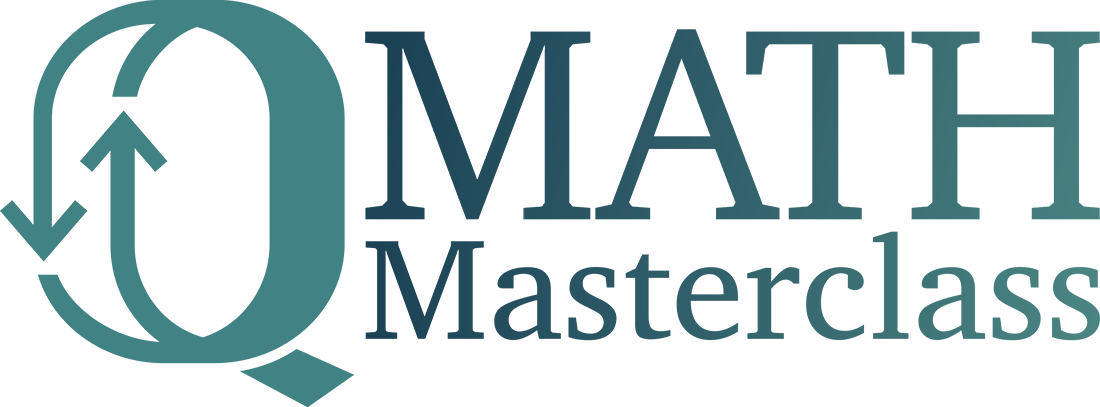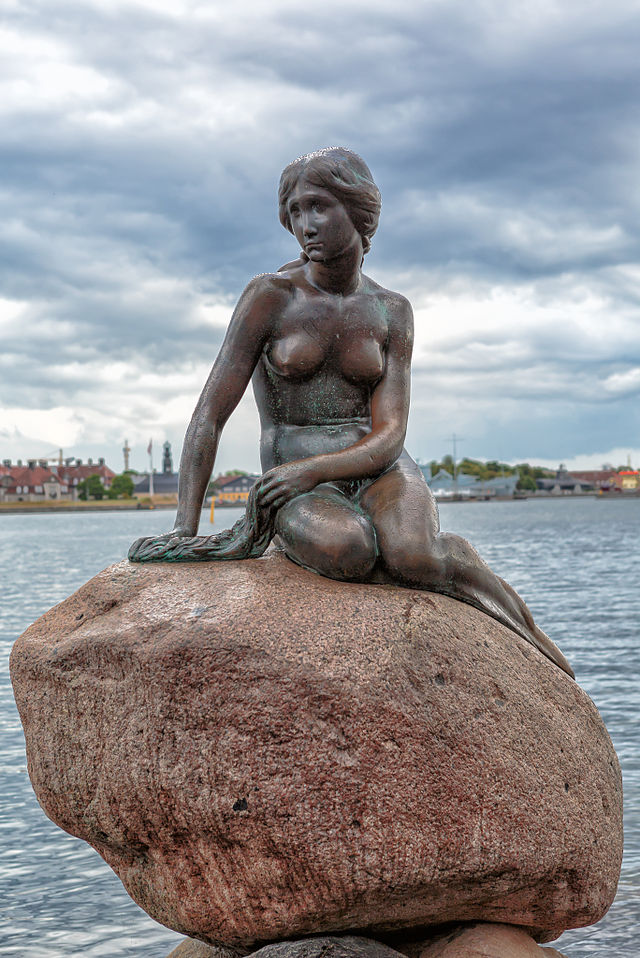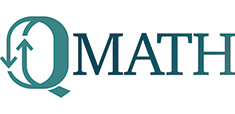Masterclass: Quantum Simulation

Copenhagen, 19 to 23 August 2024
One of the original motivations for the concept of a quantum computer was to study the dynamics of quantum systems. While quantum computation has broadened in many directions, quantum simulation is still at the core of quantum information science. First of all, simulation of quantum mechanical systems as they occur in chemistry and many-body physics is of great practical interest and is seen as one of the most promising applications of quantum computation. On the other hand, understanding quantum Hamiltonians and time evolutions through a computational lens also provides important theoretical insights in many-body physics. In this masterclass, experts will give in-depth lectures on various aspects of the theory of quantum simulation. Topics covered will range over (a selection of) the following domains:
Quantum algorithms for quantum simulation: Given a Hamiltonian describing a physical system of interest, one would like to implement time evolution along this Hamiltonian on a digital quantum computer. The last decade has seen significant improvement in the algorithms for doing so. Improved algorithms for time evolution are also crucial for ground state energy estimation protocols based on phase estimation.
The theory of analog quantum simulation: Instead of using digital quantum computers (using some gate set), in the near future it may be more useful to directly simulate Hamiltonians of interest by tuning parameters of some controllable quantum system. This leads to a theory of studying which Hamiltonians are capable of simulating a given Hamiltonian of interest.
Hamiltonian complexity theory: Hamiltonian complexity theory aims to understand the computational complexity of simulation tasks (both ground state energies and time evolution) for classes of Hamiltonians.
Target audience
This master class will be of interest for PhD students and advanced master students in mathematics, physics or computer science. It should serve as a way of entering the broad and vibrant field of quantum simulation. The masterclass will consist of blackboard lectures, giving an introduction in the mathematical theory of quantum simulation. The emphasis is on theoretical rather than practical aspects.
There will be a poster session, where all participants have the opportunity to present their research.
It is not required to have in-depth previous knowledge about quantum simulation. We do expect that students have basic knowledge about quantum computation (say at the level of Nielsen and Chuang) and (vaguely) know what a Hamiltonian is. Don't hesitate to get in touch with the organizers if you have questions!
Location

The master class will take place at the University of Copenhagen, Denmark. Copenhagen is a beautiful harbor city, famous for being among the safest and most enjoyable places to live in the world.
Participants of the master class will have the opportunity to explore the city from the water during an excursion. August is the second warmest month of the year in Copenhagen with about 14 hours of daylight.
We are happy to have the following leading experts in quantum simulation theory to give lectures in the school:
- Earl Campbell (University of Sheffield and Riverlane)
- Chi-Fang (Anthony) Chen (Caltech)
- Toby Cubitt (University College London and Phasecraft)
- Tamara Kohler (Stanford University)
These will be supplemented by the local speakers:
- Dylan Harley
- Daniel Malz
| Monday | Tuesday | Wednesday | Thursday | Friday | |
| 9:00-11:00 | Registration + welcome (at 10:40) | Earl Campbell | Toby Cubitt | Toby Cubitt | Daniel Malz |
| 11:00-13:00 | Earl Campbell | Toby Cubitt | Tamara Kohler | Tamara Kohler | Tamara Kohler |
| Lunch break | Open problem lunch | ||||
| 14:00-16:00 | Chi-Fang Chen | Chi-Fang Chen | Chi-Fang Chen | Canoe | Open problem discussion |
| 16:00-17:00 | Poster/pizza | Dylan Harley | Canoe | ||
| Evening | 17:30 Welcome reception | Social dinner |
Chi-Fang (Anthony) Chen: quantum simulation for open systems
We plan to talk about quantum simulation for open quantum systems, in particular, from the basics of Lindbladians to the design and analysis of quantum algorithms that prepare thermal states.
Toby Cubitt: Hamiltonian simulation theory
"Analogue" Hamiltonian simulation involves engineering a Hamiltonian of interest in the laboratory and studying its properties experimentally. Large-scale Hamiltonian simulation experiments have been carried out in optical lattices, ion traps and other systems for over two decades. Despite this, until recently the theoretical basis for Hamiltonian simulation was surprisingly sparse. Even a precise definition of what it means to simulate a Hamiltonian was lacking! In a sequence of work over the past decade, a rich and rigorous theoretical framework of analogue Hamiltonian simulation has been build up, which not only put this area on a firmer theoretical footing, but also led to remarkable new results not only in Hamiltonian simulation but in fields as apparently removed from this as quantum gravity and quantum cryptography.
In this lecture series, I will build up the modern rigorous mathematical framework of Hamiltonian simulation, drawing on techniques from Hamiltonian complexity theory and operator algebras. I will show how this proved far more fruitful than a mere mathematical tidying-up exercise, leading to full complexity classifications of qubit Hamiltonians, and to the discovery of universal quantum Hamiltonians.
Dr Tamara Kohler's companion lecture series will build on this foundation, culminating in the connections to quantum gravity and quantum cryptography.
Tamara Kohler: Classification of universal Hamiltonian simulation
In these lectures I will present work classifying the simulation ability of quantum Hamiltonians via complexity theoretic conditions. I will start by presenting a method to demonstrate universality of quantum Hamiltonians via history state Hamiltonians - a key technique in showing Hamiltonian complexity results. I will then go on to show how this method for demonstrating universality can be leveraged to derive a classification of universal Hamiltonians in terms of complexity theory.
The deadline for application is June 16th. Note that there is no participation fee.
Registration is closed for now - in case of questions or if you missed the registration deadline, you are welcome to reach out to Freek Witteveen (fw@math.ku.dk) or Albert H. Werner (werner@math.ku.dk).
The masterclass is organized by the Villum Centre for the Mathematics of Quantum Theory (QMATH) and the Quantum for Life center at the Department of Mathematical Sciences. The local organizers are:
Freek Witteveen
Any questions about the masterclass can be directed to Suzanne Andersen at suzanne@math.ku.dk
Deadlines
The deadline for applications is June 16th.


